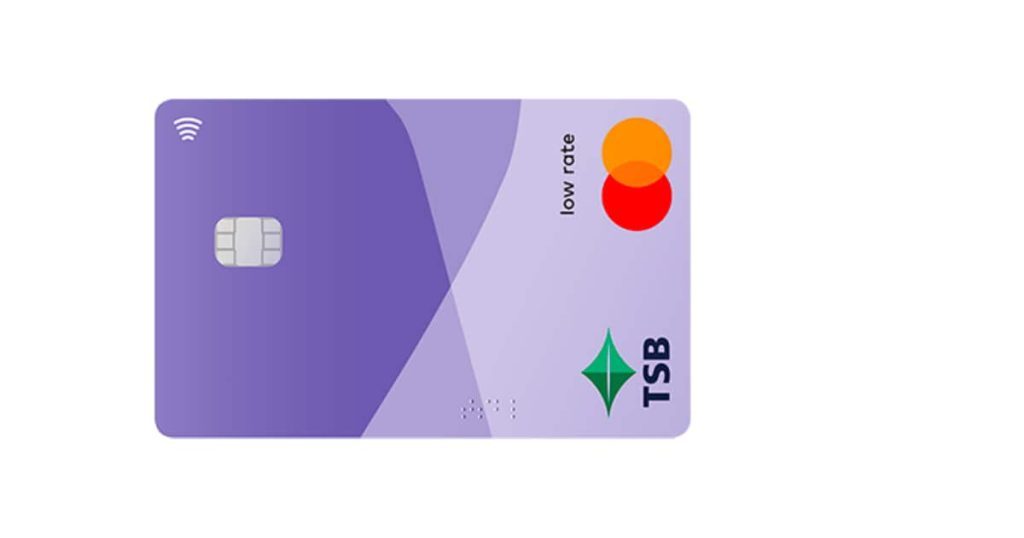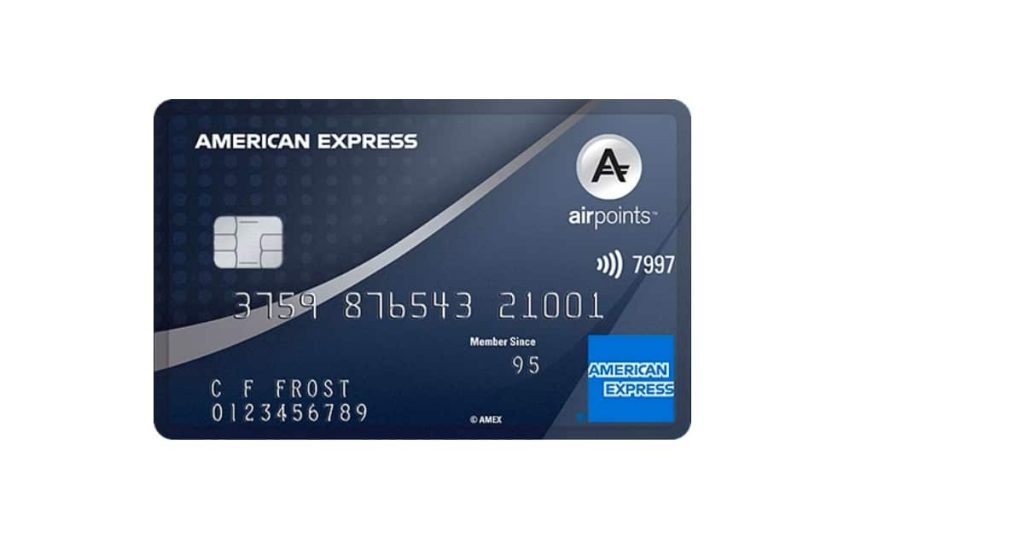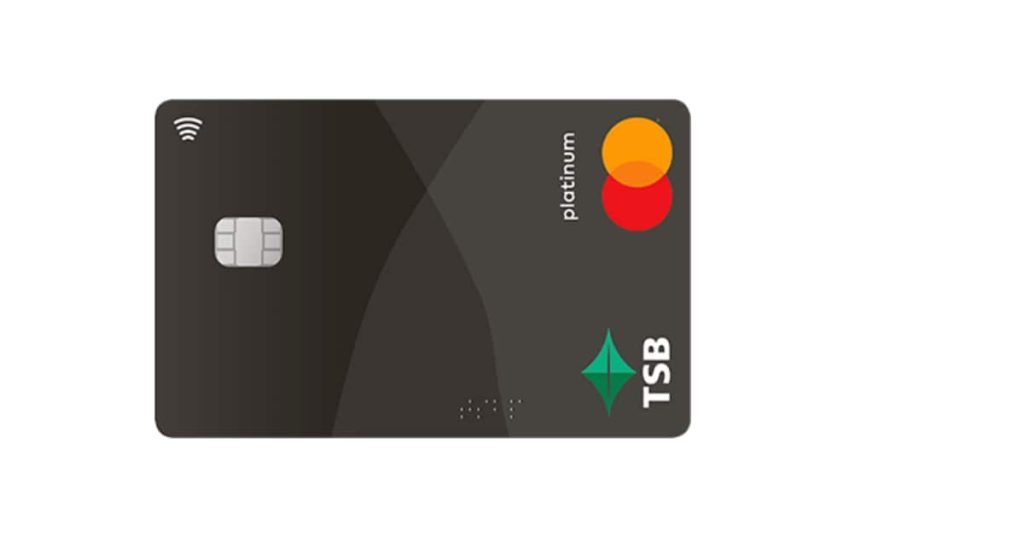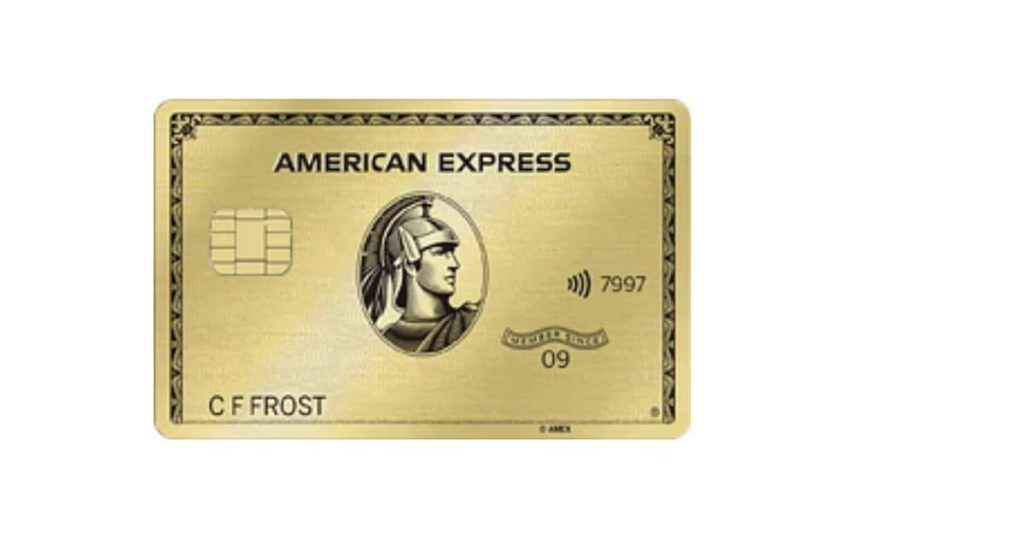No single credit card is the best option for every family, purchase or budget.
LifeCovered has selected the most helpful credit cards of 2024 that cater to a wide range of readers. Instead of ranking the top fifteen options, we have identified the best credit cards for various situations.
BEST LOW RATE CREDIT CARD
TSB Low Rate Mastercard®️
- Interest Rate: 9.95% p.a.
- Account fee: $20 p.a.
- Minimum Credit: $500
Offering a rare mix of insurances, the TSB Low Rate Mastercard offers a 9.95% p.a. interest rate, without an over-inflated $20 annual card fee and a 0% p.a. interest for 6 months on balances transferred from another bank credit card.
- Welcome bonus
- Mobile Phone Insurance
- Low interest rates
- No cash advance fee
- Annual card fee
- No introductory offer
- No rewards
- Interest rate – Purchases: 9.95%
- Interest rate – Cash Advance: 9.95%
- $500 minimum credit limit
- Credit Limit: $500 – $30,000
- Tap to pay with Google PayTM3
- Complimentary Mobile Phone Insurance
- 0% p.a. interest for 6 months on balances transferred from another bank credit card or selected store card to our award-winning TSB Low Rate Mastercard.
BEST AIRPOINTS CREDIT CARD
American Express Airpoints Platinum Card
- Interest Rate: 22.95% p.a.
- Account fee: $195 p.a.
- Bonus Offer: $300 Airpoints
Air New Zealand’s premium credit card now earns $1 Airpoints Dollar for every $59 spent. A suite of travel insurances is included, and the joining fee for Koru Club membership is waived, making the card an even better value.
Earn Air New Zealand status points to climb tiers and enjoy benefits such as priority service, lounge access, seat upgrades and extra baggage allowance.
- Save $255 on Koru Lounge joing fee
- Complimentary NZ and International travel insurance
- Earn Airpoints 40 NZ partners
- $195 annual card fee
- High foreign currency conversion fee
- Balance Transfer not currently offered
Benefits include:
- Every $59 you spend = 1 Airpoints Dollar, and $250 spend = 1 Status Point
- Complimentary Domestic and International Travel Insurance
- Four lounge passes per year (two in Auckland Airport, two for either Sydney or Melbourne)
- Complimentary Mobile phone screen insurance (if you used your AMEX to pay for the phone, up to repair costs of $500)
To apply for an American Express Airpoints Platinum Card, you’ll need to be able to meet the following criteria:
- Be aged 18 or over
- Have no history of bad debt or payment default
- Have the right to work in New Zealand, and
- If self-employed, have been trading for at least 18 months (or 12 months if I hold an existing American Express issued Card)
Documents and information to have ready:
- NZ Driver’s Licence number (if you have one)
- Details of your income, expenses and debts
- Proof of income (e.g. payslips)
BEST CASH REWARDS CREDIT CARD
TSB Platinum Mastercard®️
- Interest Rate: 20.95% p.a.
- Account fee: $90 p.a.
- Cash Reward: $1 for every $70 spent
TSB Platinum Mastercard offers cash rewards and multiple insurances including complimentary travel insurance. The cash back benefits are rear in the New Zealand credit card market, and this card is leading the way.
- $1 cash back for every $70 spent
- Many travel and shopping protections
- No introductory offer
- Annual card fee
Benefits include:
- Earn $1 cashback on every $70 spent on eligible purchases
- $90 annual card fee
- 20.95% p.a interest rate for purchases
- 22.95% p.a interest rate for cash advances
- $8,000 minimum credit limit
- Up to 55 days interest free credit for purchases
- Tap to pay with Google Pay™4
- 1.9% foreign currency conversion fee
- Protection from fraud with Mastercard’s Zero Liability Promise
- Mobile Phone Insurance
- Price Protection Insurance
- Purchase Protection Insurance
- Domestic & International Travel insurance
- tap & go for purchases under $200
BEST MEMBERSHIP REWARDS CREDIT CARD
American Express® Gold Rewards Card
- Interest Rate: 22.95% p.a.
- Account fee: $200 p.a.
- Cash Reward: $200
- Generous cash welcome bonus
- 3% fee charged on foreign transactions
Benefits include:
- Get 2 points per $1 spent with
the award-winning Membership Rewards programme - Complimentary Domestic and International Travel Insurance
- Four lounge passes per year (two in Auckland Airport, two for either Sydney or Melbourne)
- Complimentary Mobile phone screen insurance (if you used your AMEX to pay for the phone, up to repair costs of $500)
To apply for an American Express Airpoints Platinum Card, you’ll need to be able to meet the following criteria:
- Be aged 18 or over
- Have no history of bad debt or payment default
- Have the right to work in New Zealand, and
- If self-employed, have been trading for at least 18 months (or 12 months if I hold an existing American Express issued Card)
Documents and information to have ready:
- NZ Driver’s Licence number (if you have one)
- Details of your income, expenses and debts
- Proof of income (e.g. payslips)
Here's a Summary of the Best Credit Cards of 2024
| Credit Card | Best For | Annual Fee | Welcome Bonus |
|---|---|---|---|
| TSB Low Rate MasterCard | Best Low Rate Credit Card | $20 | N/A |
| American Express Airpoints Platinum Card | est Airpoints Credit Card | $195 | $300 Airpoints |
| TSB Platinum MasterCard | Best Cash Reward Credit Card | $90 | N/A |
| American Express® Gold Rewards Card | Best Membership Rewards Credit Card | $200 | $200 Cash Reward |
A Beginner's Guide to Credit Cards
How Do Credit Cards Work?
A credit card can be used to purchase goods or services in person or online. When you get approved for a credit card, you’ll be granted a line of credit based on your credit score, income and other factors.
A credit card acts as a short-term loan, a potential advantage over cash or a debit card. By using a credit card, you have until the end of the credit card billing period (also known as a grace period) to pay what you charged to the card.
You can also earn Airpoints, cash-back or travel rewards with some types of cards, along with extras like mobile, purchase and travel protection insurance. The downside of not paying the entire amount charged to your card is accruing interest on your purchases, which can be costly over time.
What are credit card points?
Credit card interest explained
The types of credit card interest
There are three types of interest you can be charged for using a credit card:
- Purchase interest: The interest charged on any purchase made with your card ranges from 10% to 26% per year (p.a.), depending on the card.
- Cash advance interest: When you withdraw money from an ATM, purchase a cash substitute like a gift card, or use your card for gambling, you will be charged an interest rate higher than the rate for purchases. This interest rate can range from 10% to 27% per year, and fees might apply.
- Balance transfer interest: When you transfer a balance from another credit card to your new credit card, you will be charged interest on the balance transferred. It’s important to note that not all credit cards allow balance transfers. The interest rate for balance transfers can vary and can be as low as 0% for a limited time, or as high as 1.99% for up to two years.
How interest is charged on your credit card
An interest rate is the percentage you pay annually for borrowing money. The interest is charged monthly, and you only pay interest on the borrowed amount, not your credit limit.
- You won’t be charged interest on purchases when you pay your closing balance in full each month.
- You will be charged interest on purchases if you only pay the minimum monthly payment.
Interest on balance transfers and cash advances is charged differently. They start accruing interest immediately, and you’ll pay interest on these at the relevant rate even if you pay off the closing balance of your statement each month.
Your borrowing costs are calculated daily by dividing the relevant interest rate by the actual number of days in the year.
Money Saving Tip:
Pay your credit card balance in full every month to avoid paying interest, regardless of when you made the transactions.
C0-branded Credit Cards
A co-branded credit card is issued in partnership with a retailer or service provider.
Like Air New Zealand’s Airpoints, a well-known New Zealand brand has partnered with credit card companies to provide exclusive brand-specific rewards and loyalty program benefits.
Visa vs. Mastercard vs Amex
When making a payment, the payment processing network your card is on (Visa, Mastercard or Amex) doesn’t matter.
When selecting a credit card, it’s essential to consider the perks and benefits specific to the brand and type of card. However, choosing a card just based on the issuing network is not advisable. Payment networks may offer additional benefits, but it’s important to focus on the card’s main features before considering any extras.
Credit cards offer different benefits depending on the type of card and the perks selected by the issuing bank. For instance, a traditional Mastercard or Low Rate Mastercard may provide Mobile Phone and Purchase Protection Insurance. In contrast, a Platinum Mastercard may offer these benefits, travel insurance, and other protections. Similarly, each Visa card may provide varying benefits depending on the type of Visa and the benefits selected by the issuing bank.
The same is true for Amex: There are different types of Amex cards with varying perks and benefits; the most advantageous is the Airpoints benefit. Some Mastercards offer Mobile Phone Insurance, which is unavailable on some Amex cards.
FAQ's
Which credit card is best for me?
The first step to finding the best credit card for you is evaluating your financial needs. Start by honestly assessing your financial situation (current assets and debts, defaults or other credit cards) and history. Hence, you understand which types of cards you may be approved for. Then, within those cards, look at annual fees, reward rates and other benefits to determine which fits your lifestyle best.



